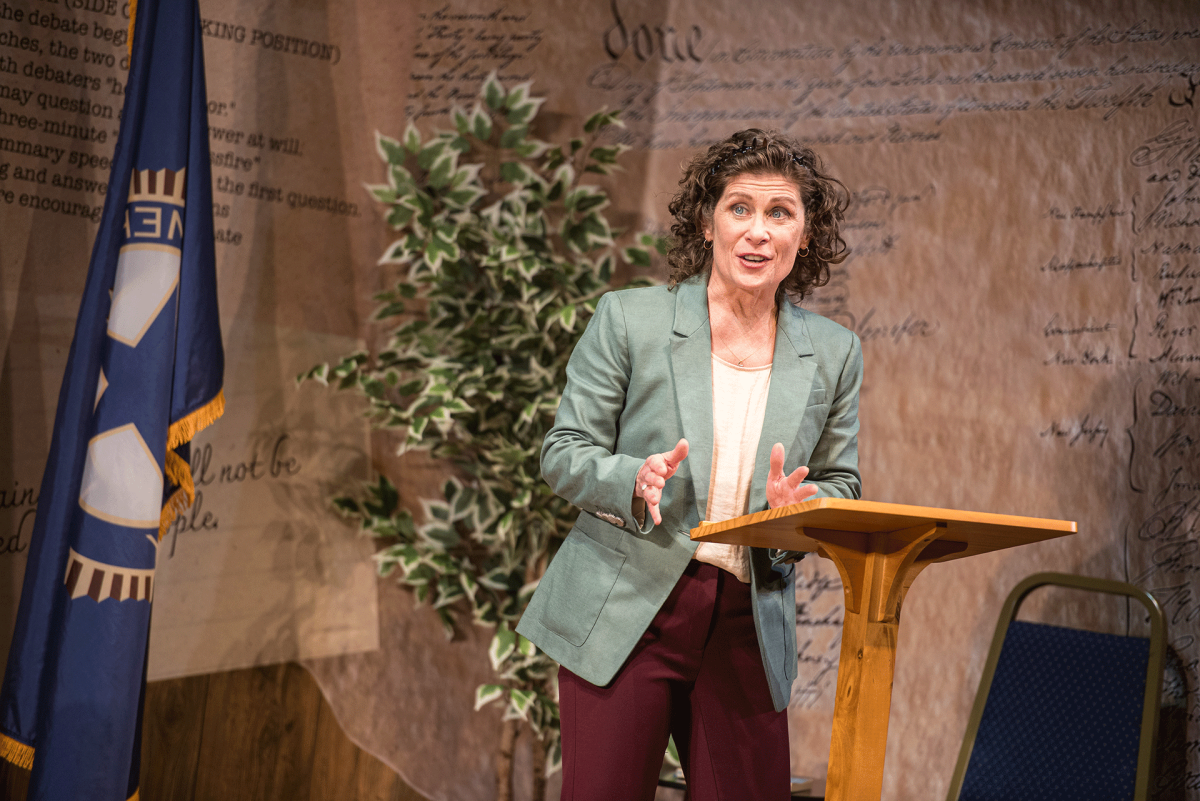Human beings are constantly forced to reconcile their internal struggles — be they trivial or otherwise. In “The Eye of the Spiral,” by Oscar Giulio Romano and Susan M. Hartl, the protagonist, the Rev. John B. Fowler, must do just this when he is forced to unite his beliefs about faith and sexuality. Being both a Catholic priest and a psychiatrist he is left with God and Freud, guides who seemingly represent opposite ends of the ideological spectrum. His struggle makes “The Eye of the Spiral” an intriguing, though slightly underwhelming, read.
When a gay man, Ben, comes to Fowler seeking forgiveness and advice, Fowler doesn’t know who to side with. Here the main conflict of the book is revealed as Fowler struggles to decide whether he should consider homosexuality a sin as his fellow priests would advise or if he should simply consider it an alternative lifestyle as a psychiatrist would.
During their talk, Ben reveals he is enrolled in a program at a nearby hospital that will supposedly rid him of his homosexuality with medication. Fowler recognizes this is unethical and is enraged that the church may have something to do with it. Fowler wants more information about the program, but the conversation is turned back to Ben’s story where the argument thickens. Ben pleads for forgiveness but wonders why God made him how he is in the first place. If God thought it a sin to be gay, then why would he create homosexuals in the first place?
Fowler admits he cannot answer this question but refuses to absolve him because he clearly does not want to change the young man’s lifestyle, explaining that only when Ben gives up his love for other men willingly can he be forgiven. Both men realize the argument has come to a standstill and although still conflicted, they call it a night. The rest of the book describes Fowler’s attempts to sift through the hierarchal mess the church has become and find answers.
Although the plot is filled with mystery, murder and deceit, the most interesting part of “The Eye of the Spiral” is the conversations about the internal conflict of homosexuals who are also strongly religious. If God created everything, then why indeed would he create humans who are bound to sin? Moreover, if it’s pure love that attracts two men, not the carnal desires, then is it truly a sin? These questions are difficult enough to attempt to answer through one perspective, but Fowler tries to answer through two. Not only is he trying to sort out the church’s traditional views on sex with his own ideas of right and wrong, he’s trying to understand his own underlying fascination with homosexuality.
Having done field research on what he calls being a “watch queen,” someone who only observes acts of homosexuality but does not take part in them, he has had some questionable feelings himself. When giving advice to Ben, he seems to be projecting his own issues. His confusion brings up another tough question: If he was aroused by watching these interactions, was it because he too might be gay or simply because people get excited watching others displaying their affections and desires?
Throughout the book there is a moderately interesting plot, main character, climax and resolution, but what makes it interesting is the constant pondering of controversial questions that don’t necessarily have answers. Although a person may have their opinions about these topics, they might have never understood the perspective of a gay man or a priest, because they are neither of those. This book provides an opportunity to better understand the thought processes of people who have to deal with these fundamental questions every day. It also provides possible answers for people that may have been scratching their heads over the same questions but didn’t want to ask.
As a whole the book is mediocre — the characters, plot and conflicts can be found in other publications. What does stand out is the honesty of the perspectives being shown. Readers are allowed a window into Fowler’s brain and can see him struggling with these questions of what is right and wrong and who he is as a person. As all humans can identify with some kind of internal struggle, “The Eye of the Spiral” is a quick, 110-page way to understand someone else’s battles and possibly open some doors to understanding your own.
3 stars out of 5














